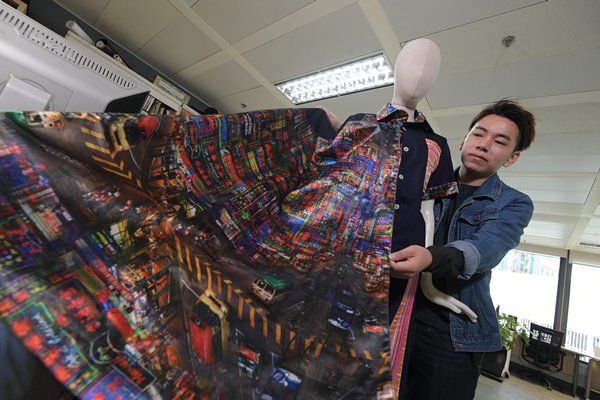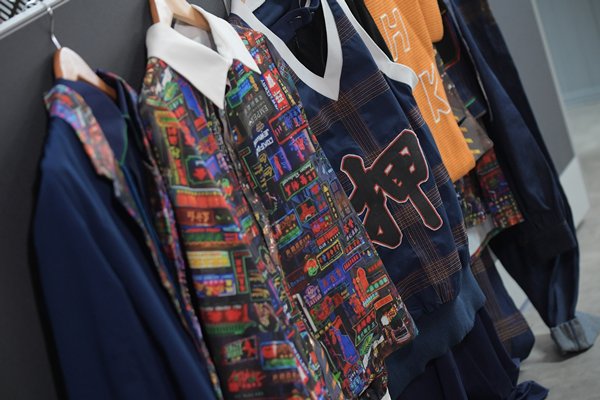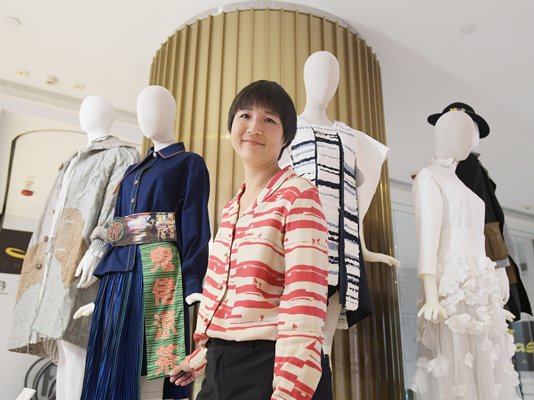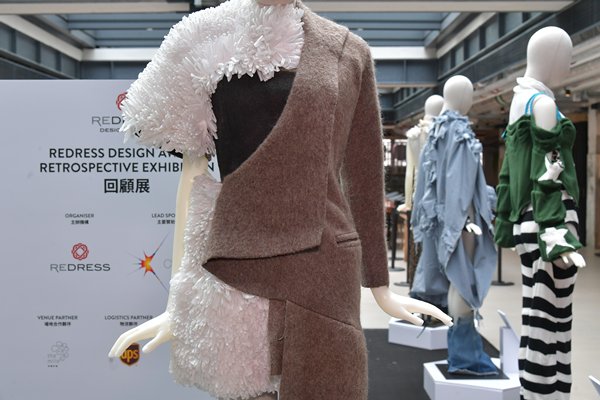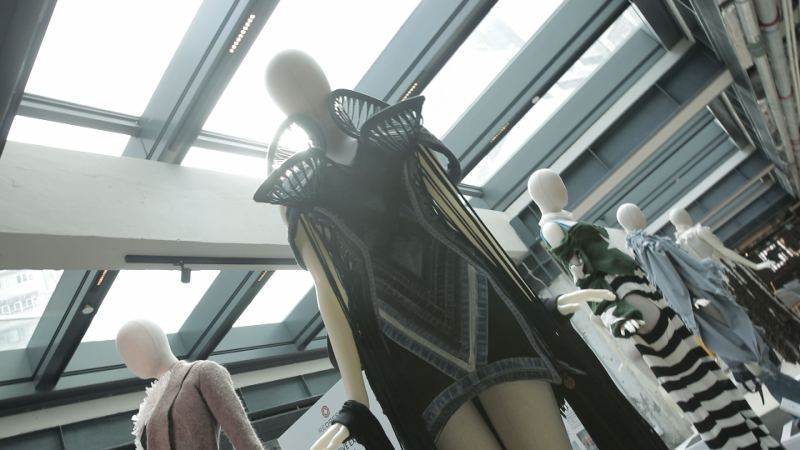Redressing HK with eco-fashion
The modern day phenomenon of fast fashion has completely changed consumer and retailer behaviour.
The latest trends fresh off the catwalk are now available off the rack in record time and for a fraction of the price. But these garments are usually made of cheap, low quality materials that fall apart after a few wears and end up in the landfill.
Fast fashion’s impact on the environment is huge. This is where environmental non-governmental organisation Redress plays a role.
Drawing board
Launched in 2007, Redress works to reduce waste in the fashion industry. It promotes sustainability through organising fashion shows, seminars and exhibitions in Hong Kong and abroad.
In 2011, the EcoChic Design Award was born. Relaunched as the Redress Design Award in 2018, it is open to emerging fashion designers and design students all over the world. The award aims to inspire designers to create mainstream clothing with minimal textile waste.
Redress Circular Fashion Programme Director Kay Liu explained the motivation behind setting up the award came from discovering that 80% of a product’s environmental impact is determined during the design stage.
“That means designers have a lot of influence on how their product is going to impact the environment, so we really want to spread the message for fashion designers to understand the power they have and to positively impact the industry,” Ms Liu added.
The competition works to educate emerging fashion designers around the world about sustainable design theories and techniques to drive growth towards a circular fashion system.
In the space of a decade, the award has evolved from a local competition to the largest global platform for talented fashion game changers to transform the fashion industry worldwide.
Fashion muse
Keith Chan is one of those young design talents. His collection, inspired by Hong Kong’s signature neon signs, won him the Hong Kong Best Prize for 2019.
Mr Chan said his fellow competitors inspired him to try out different sustainable design techniques. A designer from Spain used natural plant dyes to colour her garments and changed his perspective on the industry’s dyeing methods.
“This is not only about design, you also need to consider our society, really think about the materials you use and how to make your outfit better,” Mr Chan noted.
Fashion design students like Jasmine Leung were also inspired through joining the competition.
Each competition cycle takes participants on an educational journey lasting several theory and design-packed months to educate designers about fashion’s negative environmental impacts.
By attending seminars and completing various tasks for her collection, Ms Leung gained a better understanding of eco-fashion.
“The award gave me an opportunity to acquire practical fashion knowledge beyond the classroom. I have learnt about circular design strategy, like applying the concept of zero waste, recycling and upcycling.”
Major milestone
The Redress Design Award marks its 10th cycle this year. Many of its alumni have gone on to establish more than 40 sustainable brands globally, with some already receiving international recognition.
A new addition to this year’s contest is the Redress All-Star design competition which is open to alumni from past cycles to mark the milestone birthday. Applications for the Redress Design Award 2020 officially opened on January 8.
To celebrate the 10th cycle, a retrospective exhibition is also being held at The Mills until January 19, where visitors can get a close-up look at all the winners’ creations.
